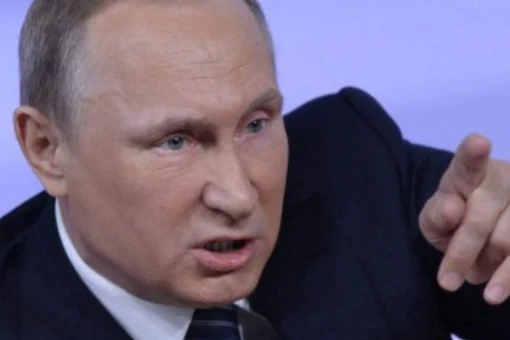Bowel cancer, also known as “colorectal cancer,” refers to any cancer that begins in the large intestine. The majority of cases are caused by a combination of advancing age (diagnosis typically occurs after the age of 60) and lifestyle factors such as insufficient exercise, poor diet, obesity, and smoking. It is estimated that approximately 1.93 million new cases of bowel cancer are diagnosed each year, with approximately 42,900 of these cases occurring in the United Kingdom.
Colorectal cancer symptoms can vary depending on where the tumour is located along the gastrointestinal tract and whether or not it has metastasized, or spread, to other parts of the body.
Common symptoms, on the other hand, include persistent evidence of blood in one’s faeces, a change — usually an increase — in the frequency of bowel movements, and ongoing pain or bloating in the lower abdomen triggered by eating.
Patients with bowel cancer may become ill, lose weight unexpectedly, or feel tired and breathless as a result of anaemia, or a lack of red blood cells.
Colorectal cancer is treated primarily through surgical removal of the affected section of the bowel, chemotherapy, and radiotherapy.
Bowel cancer patients, on the other hand, may receive additional treatment in some cases.
The administration of corticosteroids — artificial versions of the hormones our bodies use to regulate various functions such as immune responses, inflammation, and metabolism — is relevant to the rumours circulating about Putin’s health.
Corticosteroids can help cancer patients in a variety of ways. They are part of the main treatment programme for some cancers, but they are also effective at reducing nausea and vomiting caused by chemotherapy treatments, as well as cancer-related fatigue.
Steroids have also been shown in studies to reduce inflammation and help relieve bowel obstructions in patients with bowel cancer.
Steroids, on the other hand, can cause significant mood swings, colloquially known as “roid rage,” as well as fluid buildup, which leads to swelling of the extremities and face.
Analysts believe that the latter side effect, known as “Moon face,” may explain why Putin’s face has become noticeably puffier of late.
Dr. Jack Brown, a physician and body language expert, tweeted: “Any other clinicians think Putin’s face looks a little ‘Moon face’?”
“Differential diagnosis include – Cushing’s Syndrome, extended corticosteroids, primary vs. secondary causes of elevated ACTH, adrenal tumours, and so on,” he continued.
“This could explain some of Putin’s mental and emotional changes.”
It has also been noted that the Russian leader has been seen smiling far less in recent photos, which could be due to the pain of a medical condition.
Along with this, ever since the coronavirus pandemic began, Putin has maintained a level of social distance that exceeds that of his fellow world leaders, reportedly requiring those he meets to isolate themselves for two weeks prior to contact and holding joint press conferences with other leaders from unusually separated podiums.
A notable exception to the latter rule was Chinese President Xi Jinping, who was allowed to approach Putin at the opening ceremony of the Winter Games in Beijing earlier this year.
Meanwhile, other world leaders have endured the absurd spectacle of sitting separated opposite Putin at the end of one of his many absurdly long meeting tables.
The most famous of these is a gleaming oval white-and-gold behemoth thought to have been made from beech by Italian craftsmen and used during meetings with French President Emmanuel Macron in early February.
While it is possible that Putin is simply concerned about contracting COVID-19 — despite the fact that he has received multiple vaccinations — these heightened precautions have led many to suspect that the Russian leader may have an underlying health condition that necessitates such extra precautions.
A serious — or possibly terminal — illness could explain Putin’s previous long game of capturing land that the president believes should be Russia’s.
According to The News, during an online debate with students at his alma mater, Portsmouth Grammar School, risk expert and former Rear Admiral Chris Parry mentioned that Putin has been interviewing people on these very long tables.
“I believe his immune system is currently suppressed.” As a result, he is a man in a hurry.”
Meanwhile, an unnamed Pentagon source told the Daily Star that US analysts have reached a similar conclusion.
“In the past, we have seen him smile, but there are few pictures of him looking happy in 2022,” they said.
“His expression suggests he is in pain, and our people believe his angry expression is the result of him being in pain.”
“Our people are confident he is ill — he is worried about Covid, which is why he keeps his staff at a distance.”




















